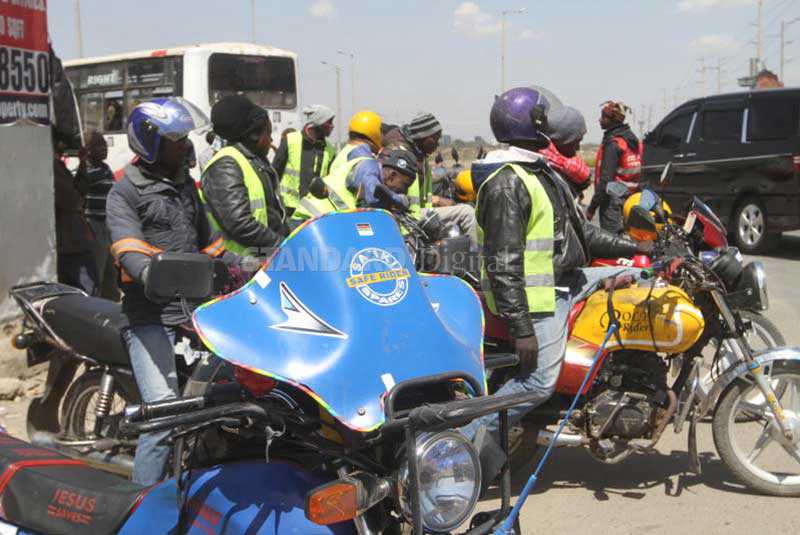×
The Standard e-Paper
Kenya’s Boldest Voice

“Only the most adaptable to change shall survive” is perhaps one of the most important lessons biologist Charles Darwin passed down to humanity. Yet, if you would have told Agnes Mukene about that a year ago, she might have disagreed.
Back then, Ms Mukene was working alongside tens of other women, preparing meals for some of the thousands of construction workers who were building the Nairobi-Mombasa Standard Gauge Railway.